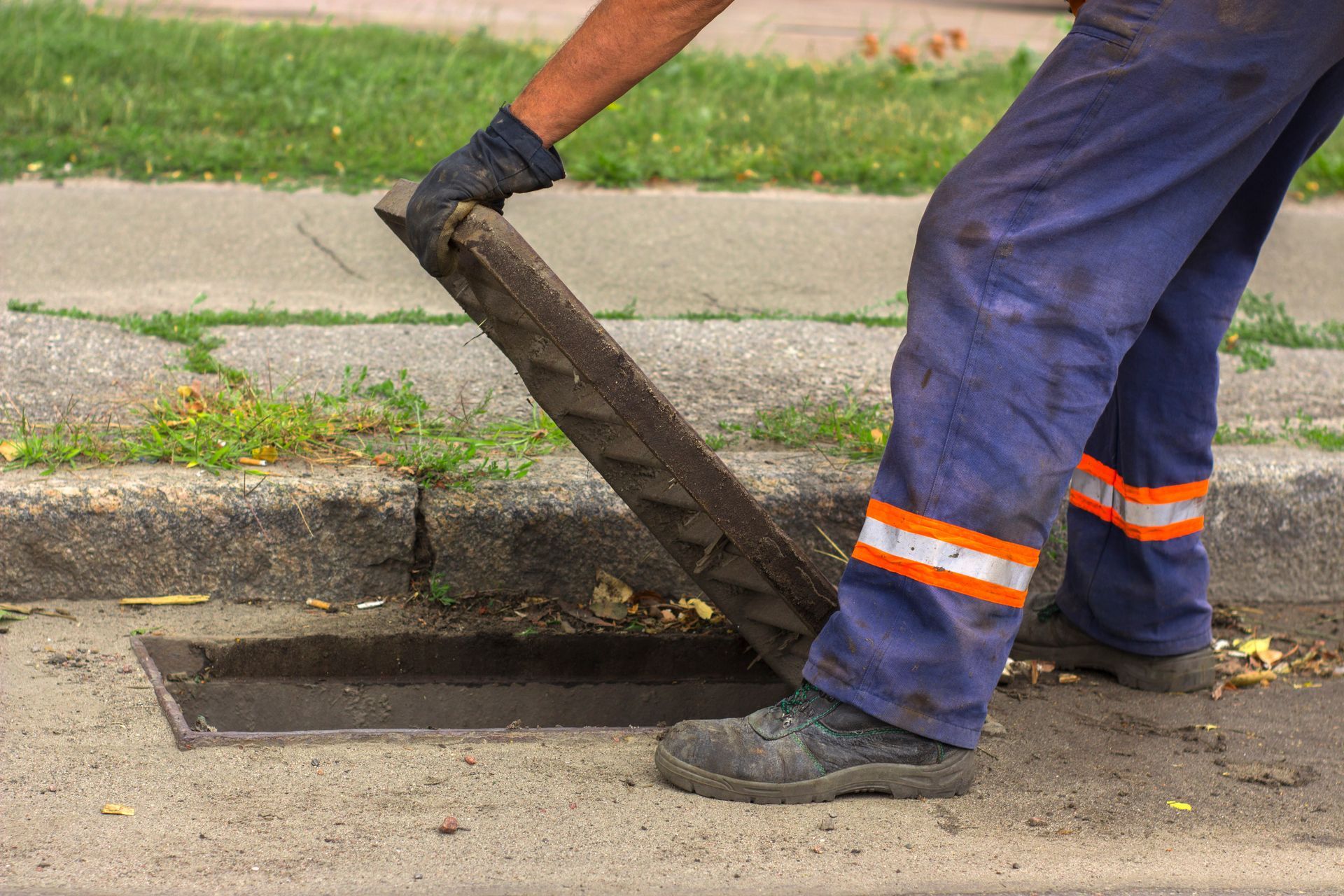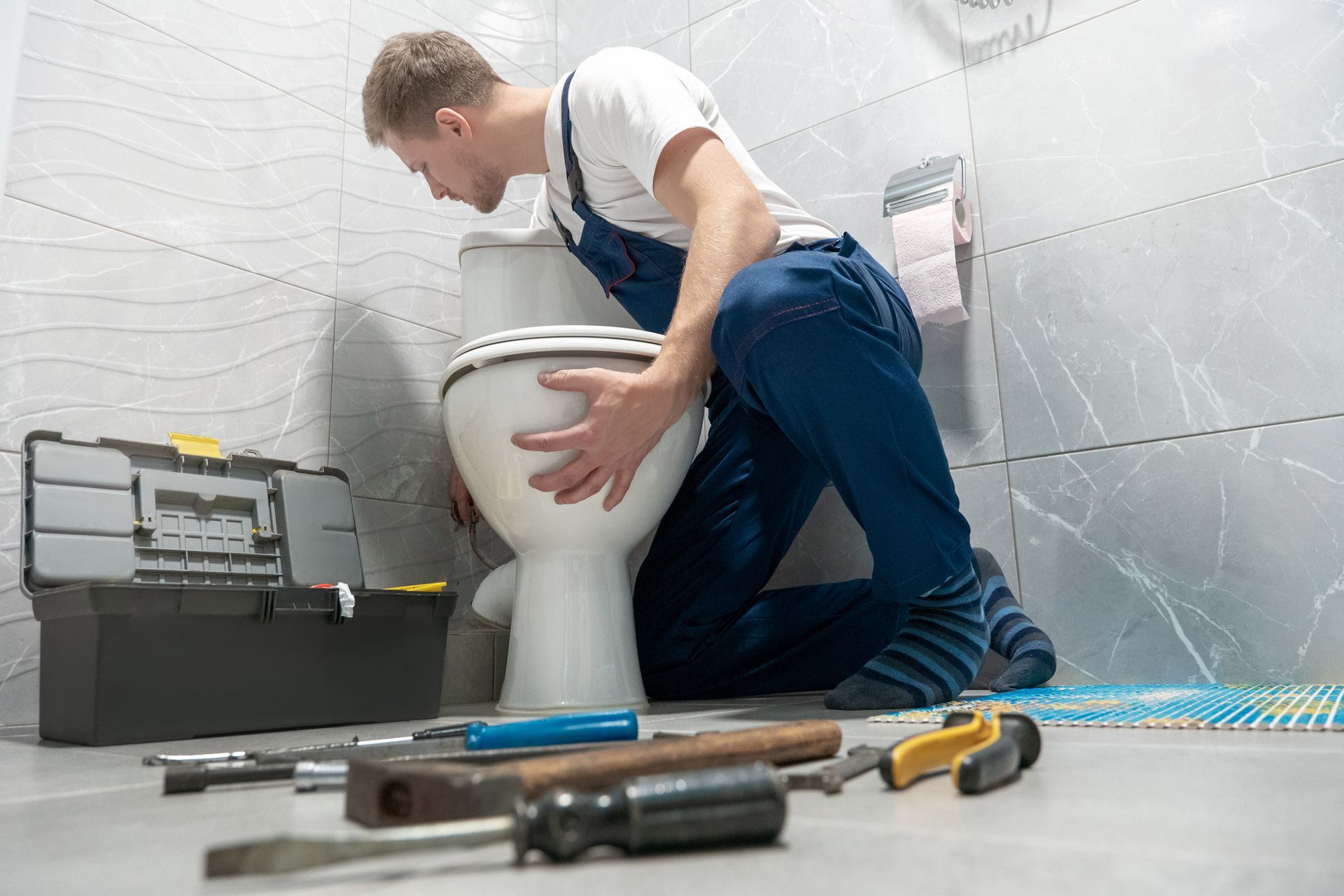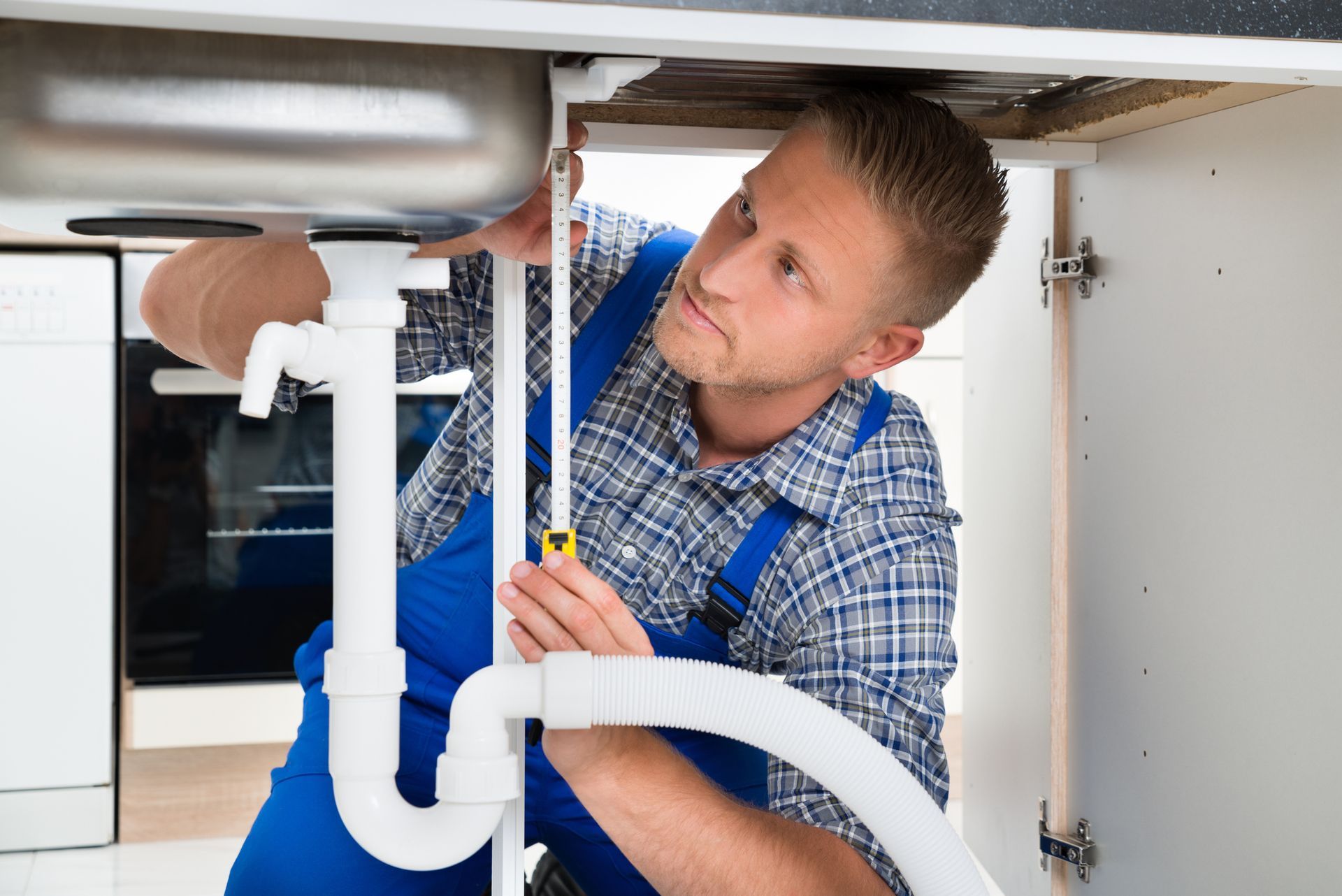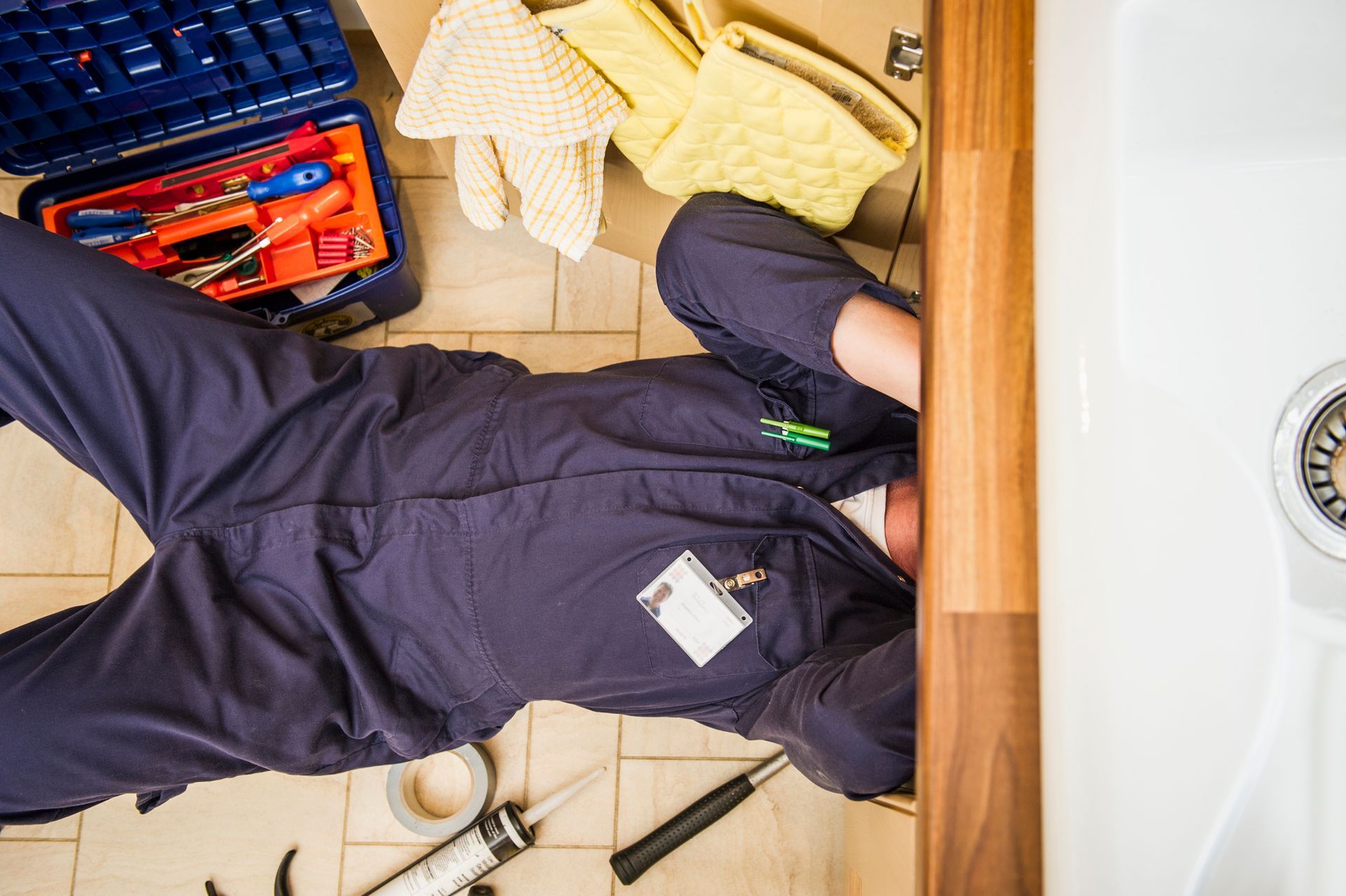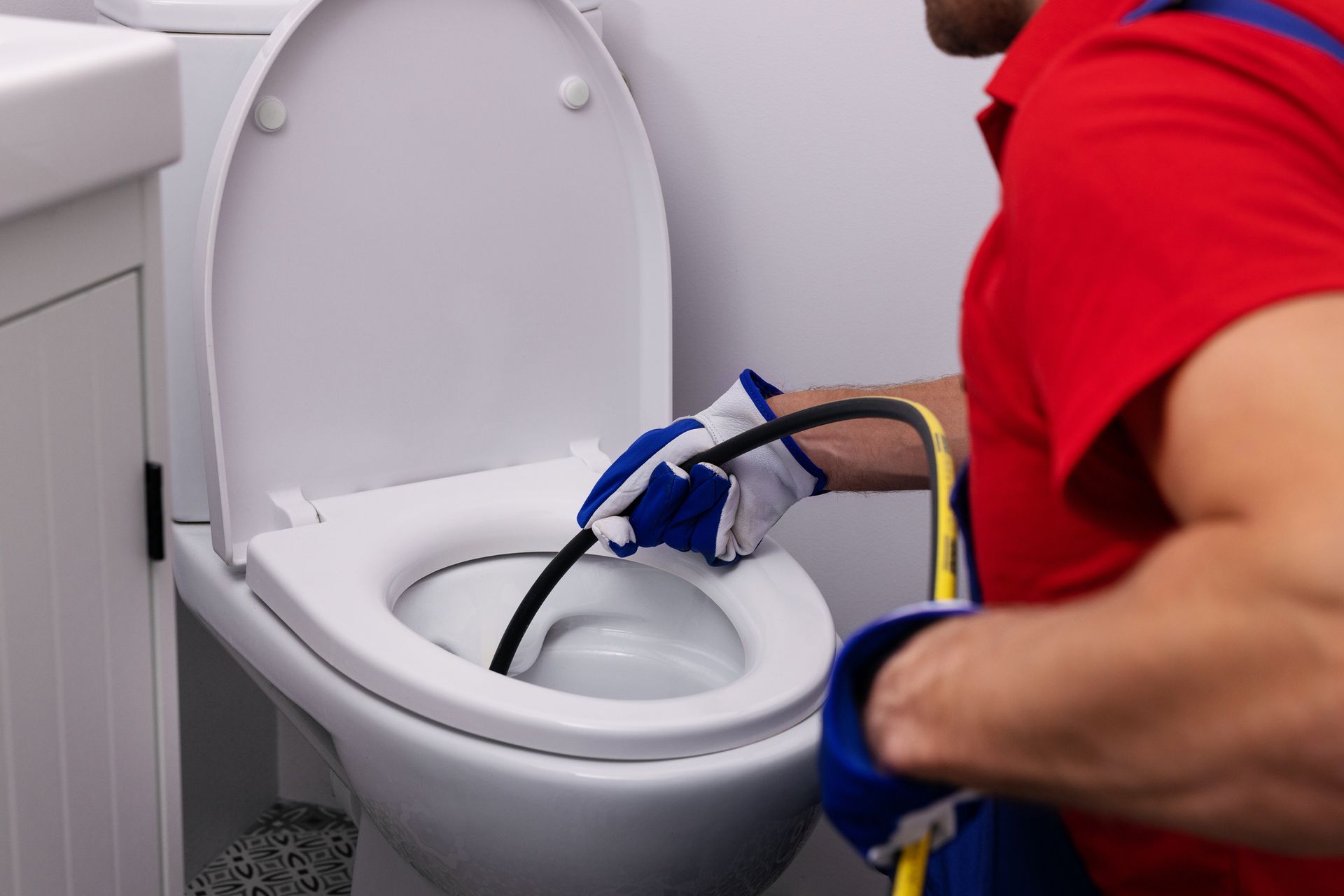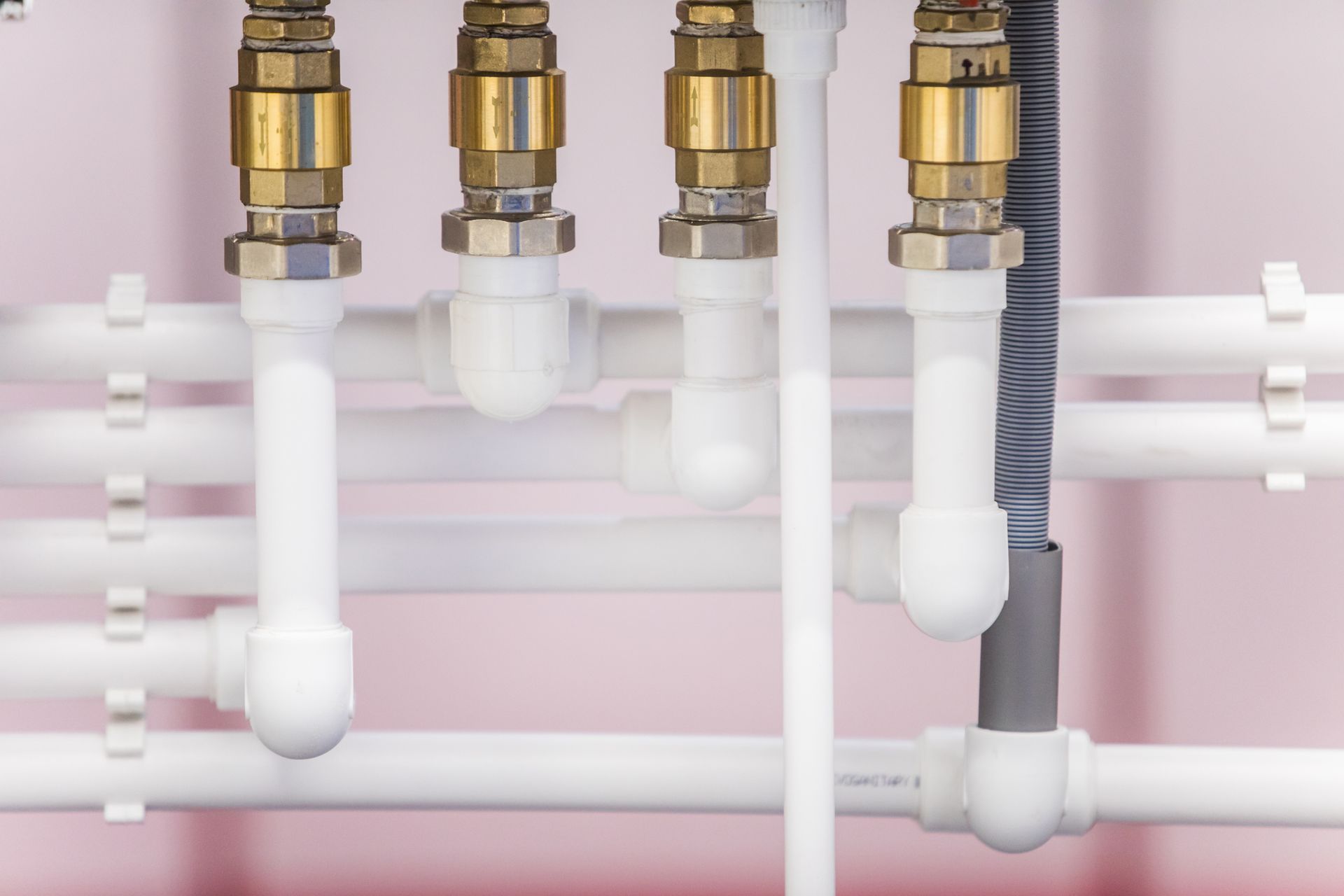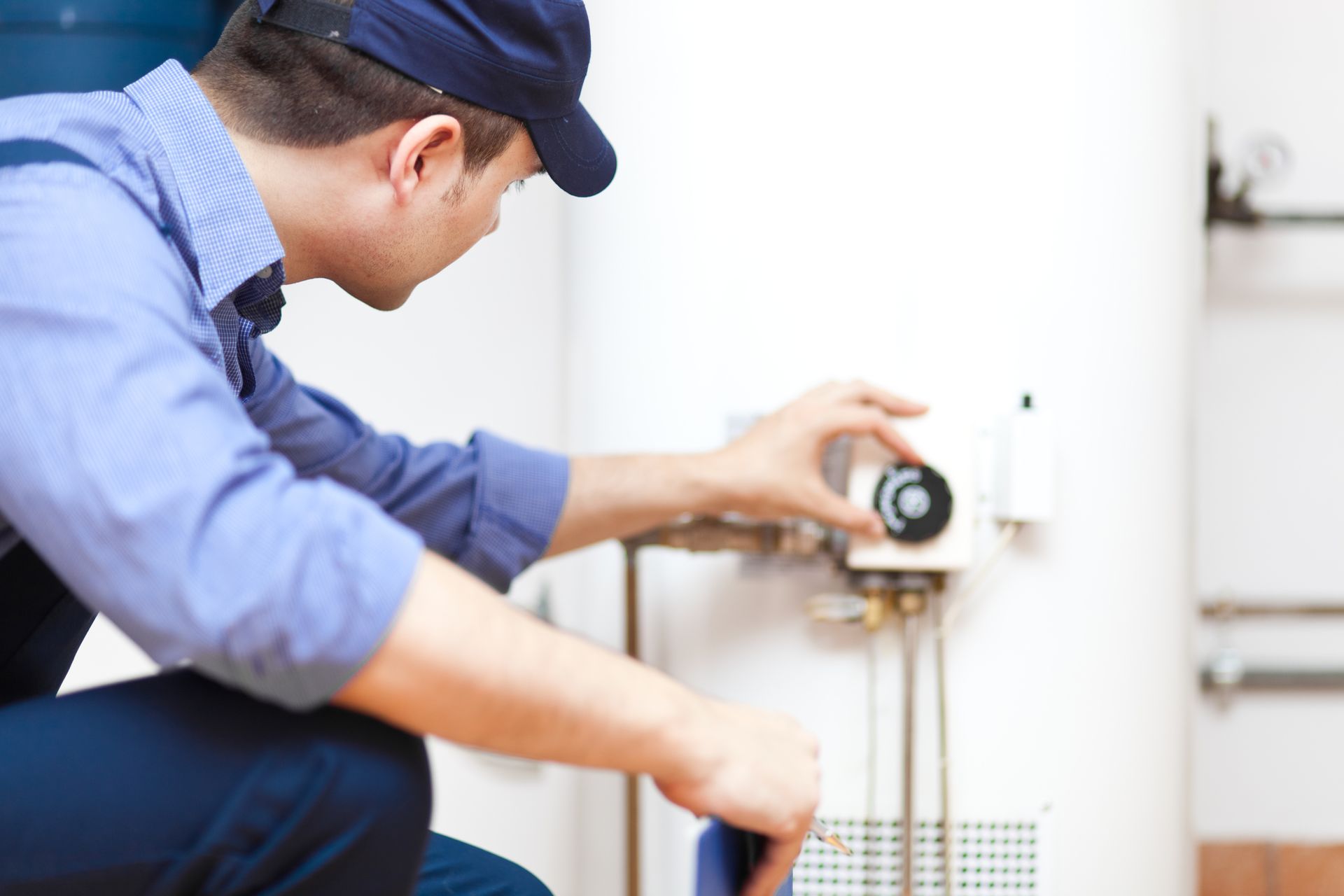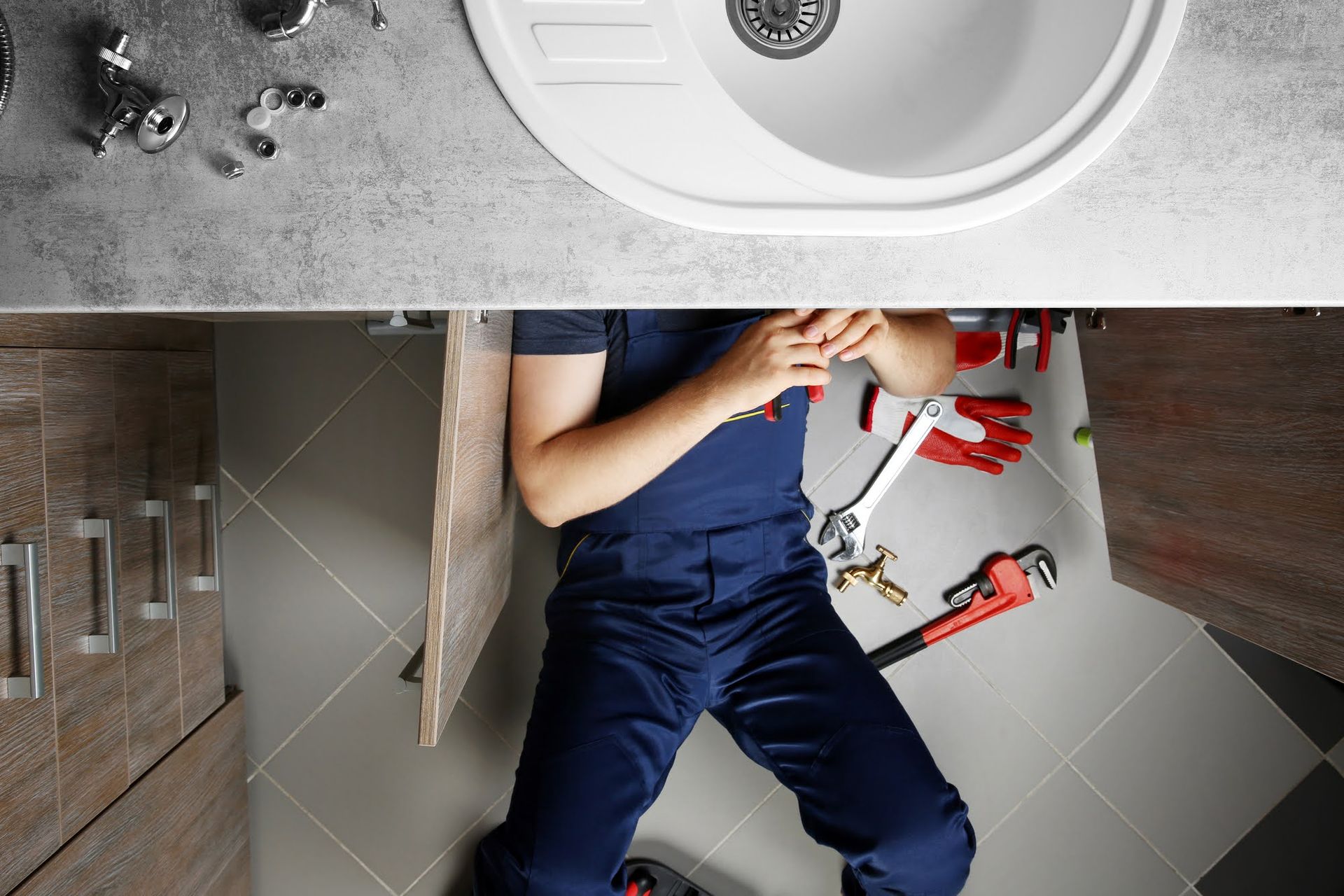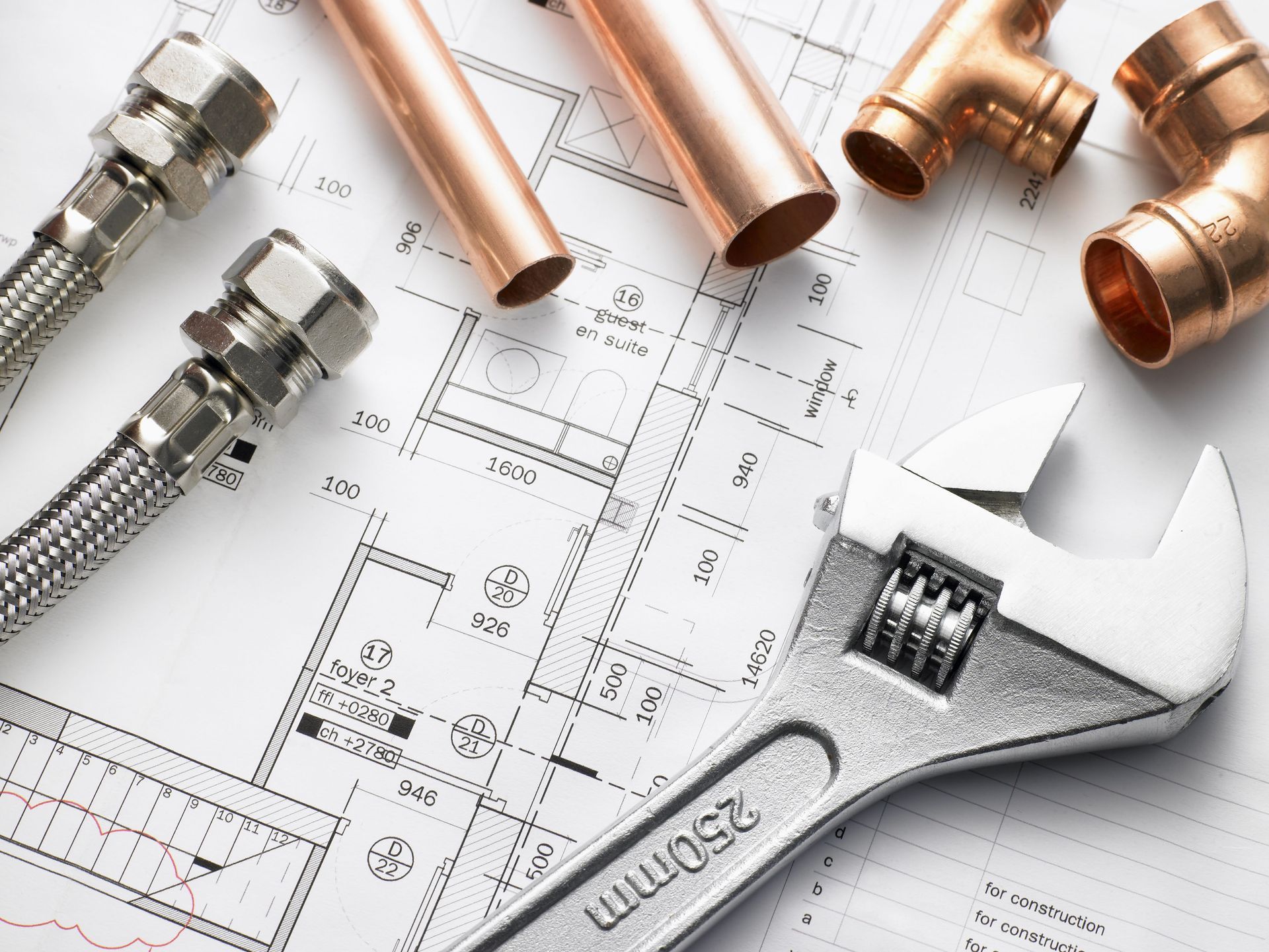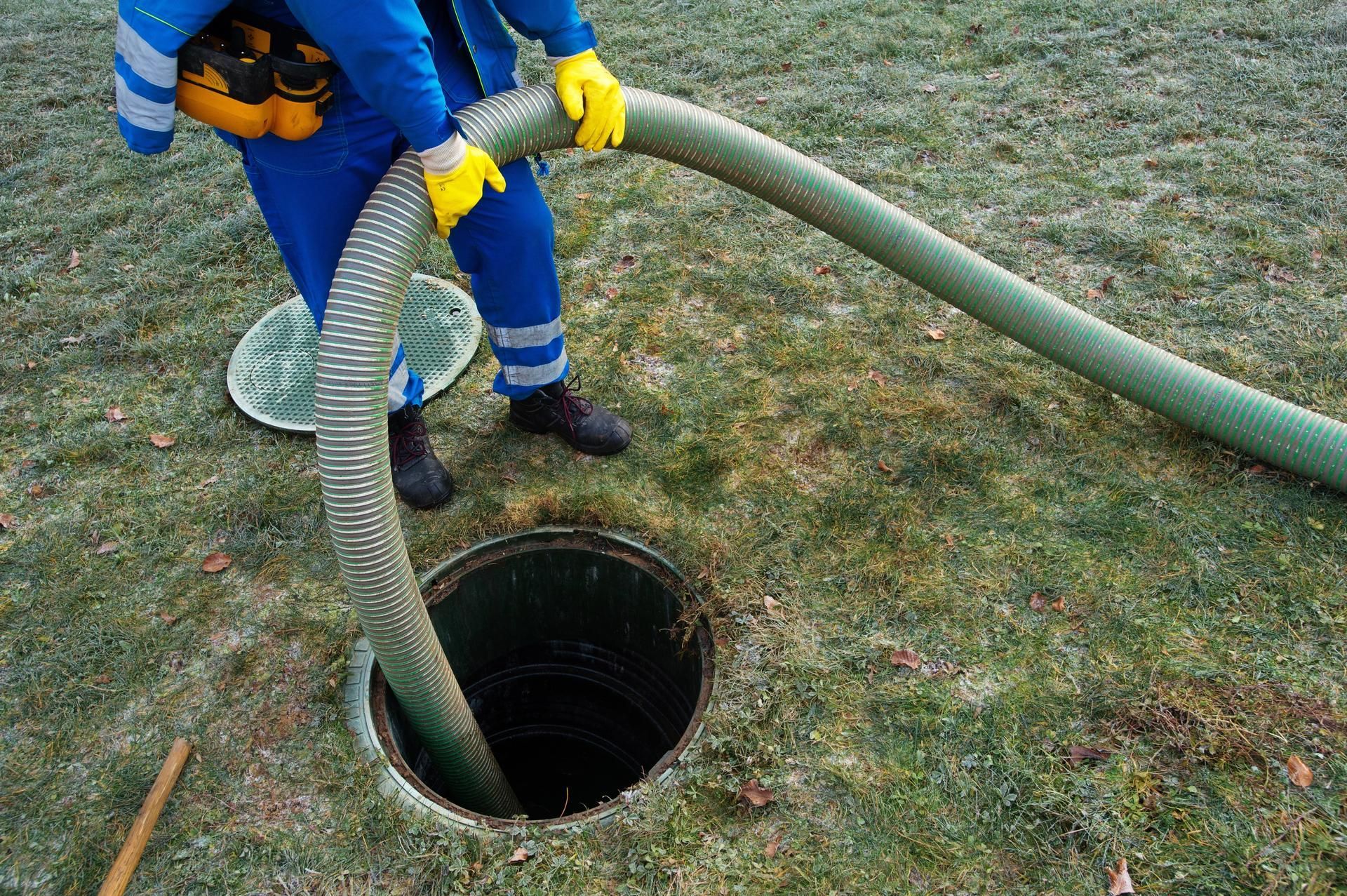The Real Dangers of DIY Plumbing
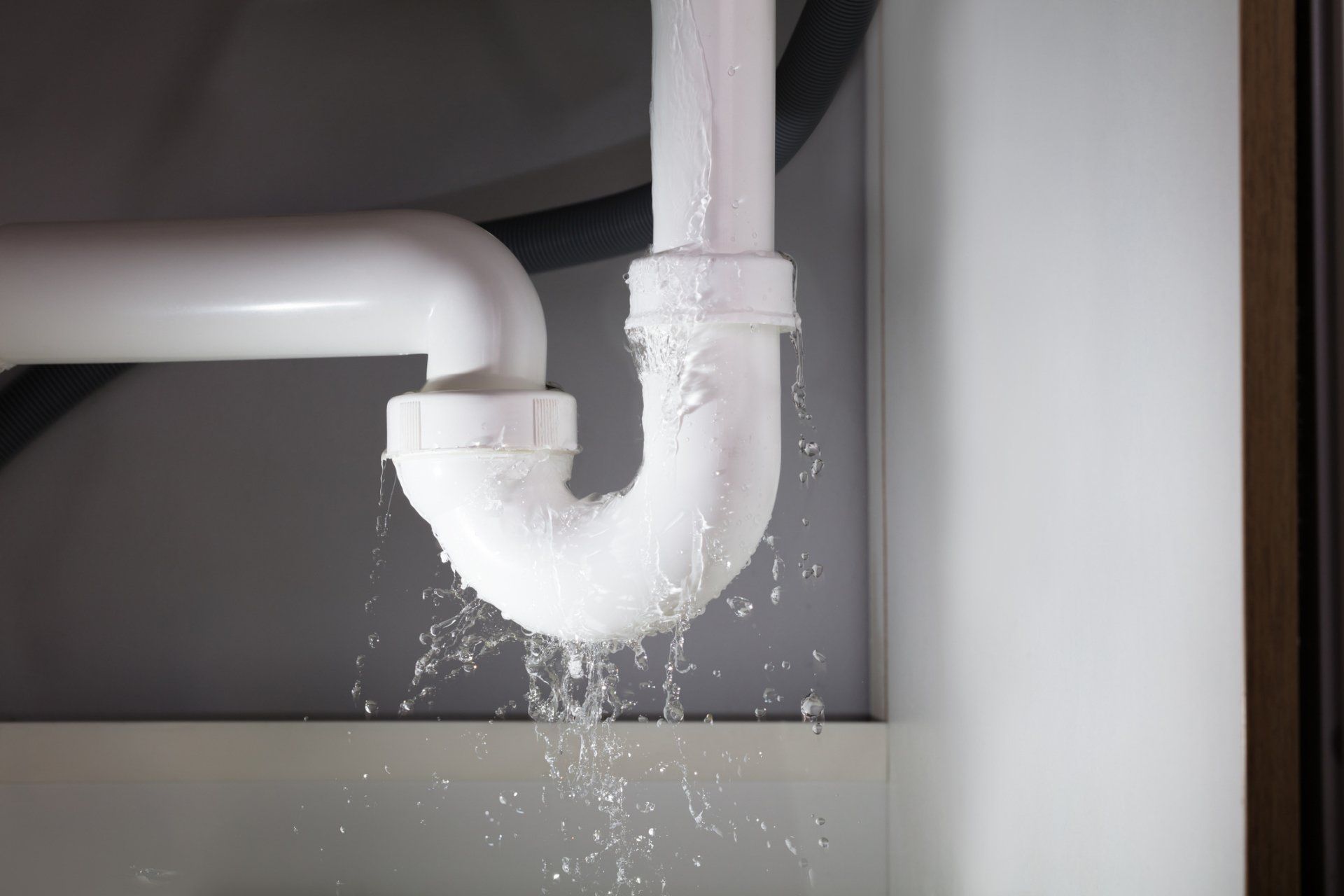
Today's homeowners are living in an age of DIY tips and tricks. A quick Internet search can reveal the instruction for just about anything — including plumbing repairs.
Before you reach for your toolbox in an attempt to save some money on plumbing maintenance and repairs, you need to know the risks that can accompany DIY plumbing. You might end up doing more harm than good if you start tampering with plumbing fixtures and components.
All homeowners should know how to do basic plumbing tasks like turning off the main water supply and clearing clogs from a toilet or sink drain. But in regard to major plumbing repairs, you should leave your home in the hands of a professional.
Corrosion
Homeowners who opt to DIY major plumbing repairs usually don't have the knowledge required to identify the pipes that are installed within their residences. You need to know which pipes are inlet pipes and which provide drainage.
You also need to know exactly what each of these pipes is made of so that you can avoid a serious plumbing disaster down the road. Whenever two different types of metal come into contact with each other or an electrolyte (like tap water), one of the metals may begin to corrode.
Since plumbing pipes can be made from cast iron, stainless steel, copper, or a variety of other metal materials, the threat of pipe corrosion is very real. Fittings that are designed to insulate the dissimilar metals from one another must always be used.
A licensed plumber can identify which metals your pipes are made from and find the right fittings to prevent corrosion in the future.
Valve Failure
Valves play an important role in regulating the flow of water through your home's plumbing system. It's not uncommon for valves to need replacing at regular intervals due to normal wear. Swapping out the old valve for a new one might seem like a simple task, but improper valve installation could have dire consequences.
Achieving the correct level of tightness in plumbing fixtures is a skill that takes time and practice to develop. If your valve is too tight, you run the risk of stripping the threads from the fitting and damaging the internal valve mechanism.
Fastening a valve too tightly can also lead to an increased probability that the valve will seize up. Valve failures can compromise the efficiency of your plumbing system and result in costly damage.
Water Damage
Water is one of the most destructive forces on Earth. Since the primary responsibility of your plumbing system is to transport water, the risk of leaks that lead to water damage after completing DIY repairs is always present.
Water can damage flooring, walls, and other materials, and replacing these damaged materials can be costly. Homeowners can contribute to water damage if they fail to turn off the main water supply — before attempting repairs — or fail to flush out the pipes before they replace damaged sections.
Experienced plumbers know exactly how to control the amount of water that is fed into a section of pipe or a plumbing fixture to complete repairs with no damage to the structure of your home.
You may be tempted to try your hand at DIY plumbing repairs after reading a few tutorials online. Some plumbing tasks are easy enough to complete on your own, like tightening a loose faucet or changing out the shower head in your bathroom.
Any serious plumbing should be left to the professionals so that you aren't left with corrosion, valve damage, or flooding that can cost you thousands to repair. ContactMichigan Plumbing to schedule an appointment with a licensed and experienced plumbing contractor.

